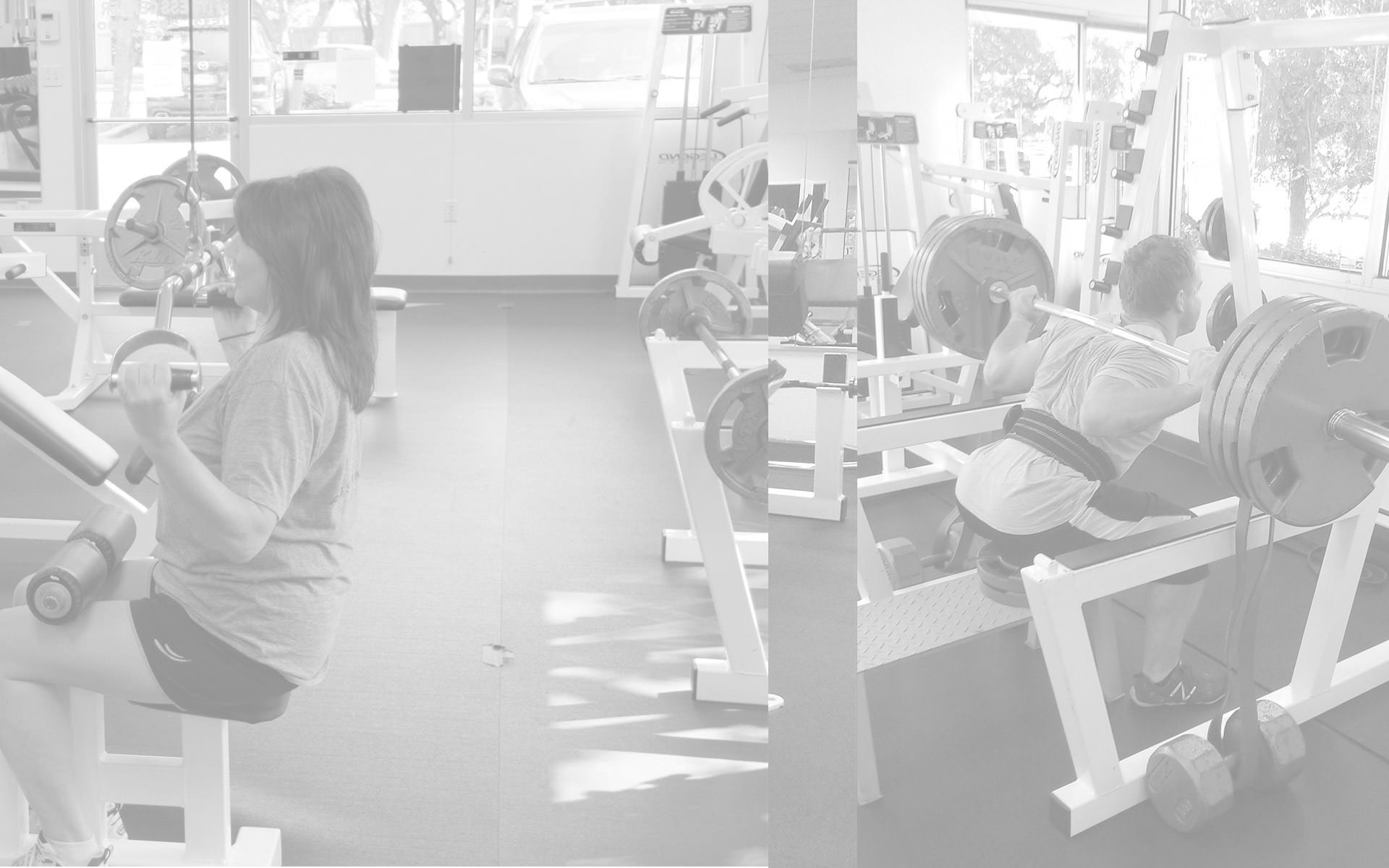What is Coffee?
Coffee is a beverage that’s prepared by brewing the beans of the Coffea plant. The beans themselves are seeds from the berries of the plant. Originally, the Coffea plant was indigenous to Africa, but through extensive exportation, is now found growing in over 70 countries throughout the world. Coffee has 2 beans, the Aribica, and the Robusta. Once the coffee beans have ripened, they are picked, processed any number of ways, and finally, they are roasted. Once the coffee beans are roasted, we are able to grind them up and make the beverage known as coffee with them.
One of the very first things people from virtually all over the world do in the morning, is drink a cup of coffee. Coffee, with it’s caffeine content, has long been associated with waking up and starting the day. It’s also a very popular beverage with breakfast. People started drinking coffee back in the 15th century, but nowadays, the drink is beyond popular to the extent that is can be served hundreds of different ways and can be found in a seemingly unending amount of places. Last year alone, 400 billion cups of coffee were consumed, thus making it one of the most popular drinks of all time. Coffee is a lot more than just a nice smelling, tasty waker upper though. Leading research is showing a great many health benefits associated with the daily consumption of a moderate amount of coffee.
Health Benefits of Coffee
A recent study at UCLA discovered the possible link between coffee consumption and the decreased risk of type 2 diabetes, as the plasma levels of the protein sex hormone bonding globulin are increased with the consumption of coffee. The globulin, known as SHBG, helps control the biological functions and activities of the 2 sex hormones testosterone, as well as estrogen, which both have long been recognized to play a major role in the onset of type 2 diabetes. Harvard Medical School produced a study of their own that demonstrated how of a certain control group, all with type 2 diabetes, by increasing their daily coffee intake to just under 2 cups per day, almost 12% of the people in the trial had gone in remission.
Besides showing a great promise for reducing not only type 2 diabetes, there has been a preponderance of evidence showing a marked reduction in the symptoms, as well as the occurrence of other diseases such as Parkinson’s disease, liver disease, including cirrhosis, as well as liver cancer, dementia, etc.
Coffee has also been shown to help with increased brain function as well. Coffee, as we all know, contains caffeine, which is a stimulant. Caffeine, once absorbed into the bloodstream, has the ability to block the neurotransmitter Adenosine. Once Adenosine is blocked, the amount of other neurotransmitters such as dopamine, and the like, are increased which thus leads to a marked increase in neural firing. Drinking coffee might not make you a genius, but it certainly isn’t going to hurt your chances of carrying on an intelligent conversation.
Coffee as a Workout Supplement
Another great benefit of coffee, by way of the caffeine, is it’s innate ability to help burn fat. It’s no coincidence that every fat burner available to the general public contains caffeine to one degree or another. It’s so effective, in fact, that it has been shown in a multitude of clinical studies to increase one’s metabolic rate up to 12% in obese people, and up to 30% in lean people.
As a longtime personal trainer in Austin, as well as a gym owner, one until now secret I would tell my clients, is that coffee can be a fantastic workout aid for 2 reasons, Firstly, as stated above, it can increase one’s metabolic rate rather significantly via the caffeine, but furthermore, it can actually signal the body’s fat cells to break down body fat thus sending them into the blood stream as fatty acids which can then be used as fuel for the workout. This is the process of burning fat as fuel, made easier and with more bio availability because of the caffeine found in the coffee.
Caffeine, which is a major stimulant to the nervous system, also can help our workouts as it has been shown to increase epinephrine levels in our blood, which is another way of saying that we will have increased levels of adrenaline. Anytime you add adrenaline to any situation, particularly a workout, you have increased the intensity exponentially.
When we think of nutrition, coffee isn’t always the first thing to come to mind, but it is actually a nutritious beverage. 1 cup of coffee contains 11% of the RDA for vitamin B2 and 6% of the RDA for vitamin B5. It also contains a small amount of potassium, magnesium, niacin, and manganese as well as being a fantastic source of antioxidants, which, of course, battle the free radicals in our bodies.
Whether you like espresso, cappuccino, Americano, French press, Turkish, etc, etc, so long as it’s without the addition of alcohol, such as found in Irish coffee, you will be not only helping your body burn fat during your workouts, increasing brain function, battling free radicals, preventing serious diseases such as liver cancer, etc, and warding of dementia, all at once. That’s quite a beverage.
Ready to Get Started?

Andy

Latest posts by Andy (see all)
- Workout Motivation: How To Get Motivated To Work Out - March 9, 2022
- Body Fat Types: Subcutaneous and Visceral Fats - June 1, 2019
- Why Diets Work If You Stick With Them - April 1, 2019






